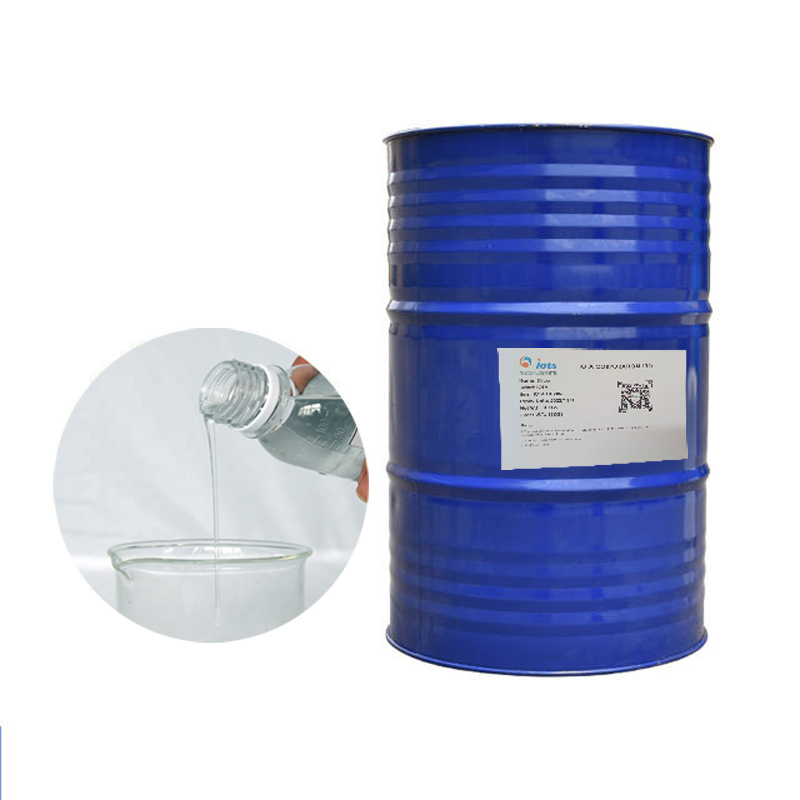Organic silicon materials are playing an increasingly important role in the aerospace industry. From aircraft sealing to spacecraft thermal protection, from spacesuits to space station equipment, this high-performance material is providing critical support for human exploration of space.
In terms of aircraft sealing, the application of
organic silicon materials is particularly widespread. The technical director of a certain aviation manufacturing enterprise stated, "Modern aircraft have extremely high requirements for sealing materials, and silicone materials have become the preferred material for fuselage sealing and porthole sealing due to their excellent weather resistance and elasticity." According to statistics, a large passenger aircraft uses over 500 kilograms of silicone sealing materials, which play a key role in ensuring flight safety.

Spacecraft thermal protection is another important application area. When spacecraft re-enter the atmosphere, the surface temperature can reach thousands of degrees Celsius. Organic silicon materials, with their excellent heat resistance and insulation properties, have become key materials for thermal protection systems. The organic silicon composite material developed by a certain aerospace research institution has been successfully applied to multiple types of spacecraft, providing strong support for the success of missions.
Technological innovation is the key to driving applications. The nano modified organic silicon material developed by a certain enterprise has increased the heat-resistant temperature by 200 ℃, providing a new solution for thermal protection of spacecraft. This material has applied for multiple invention patents and is expected to achieve mass production next year.
The market prospects are very broad. According to statistics, the market size of
silicone materials for aerospace will reach 1 billion yuan in 2022, and is expected to exceed 3 billion yuan by 2025. Multiple companies are increasing their R&D investment and expanding into this high-end market.
Experts point out that with the continuous advancement of aerospace technology, the demand for organic silicon materials will continue to grow. Enterprises should seize opportunities, strengthen technological innovation, develop more functional materials that meet the special needs of aerospace, and contribute to the development of the industry.
